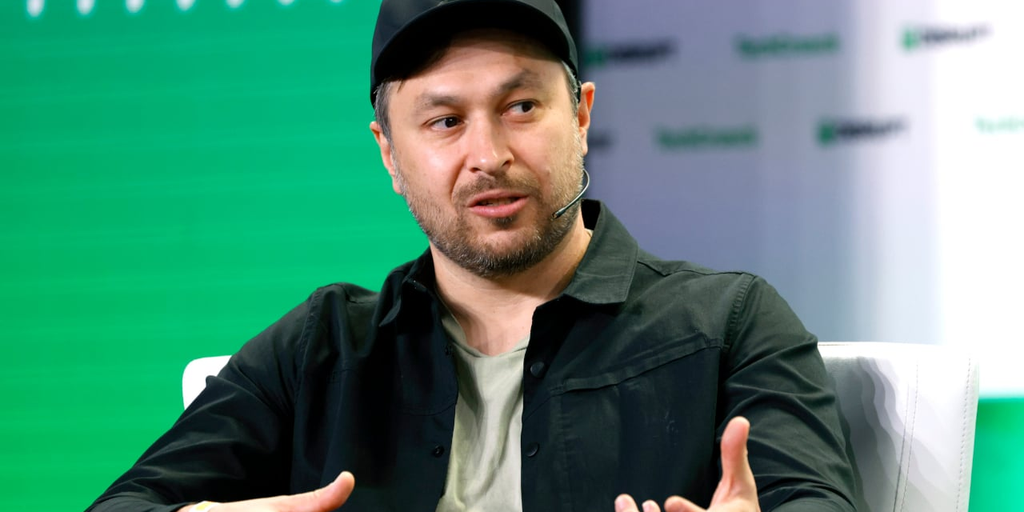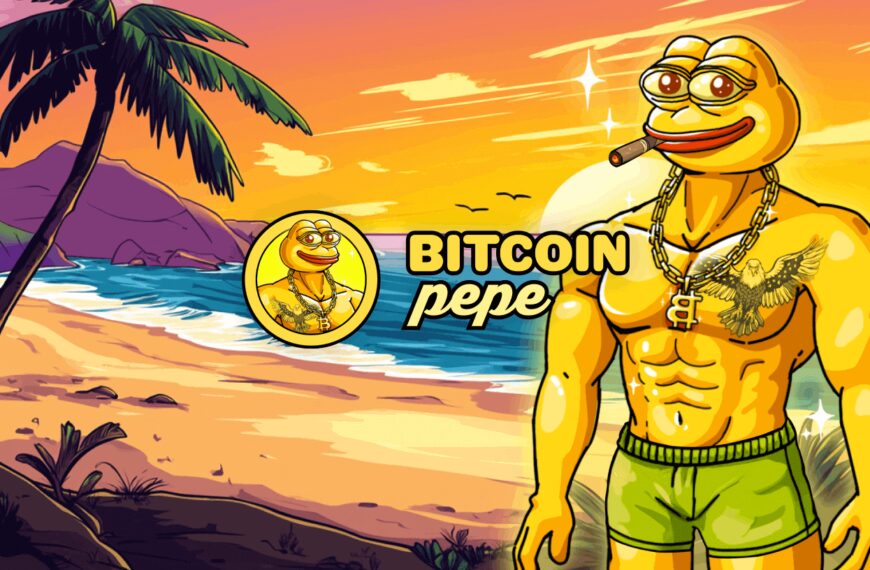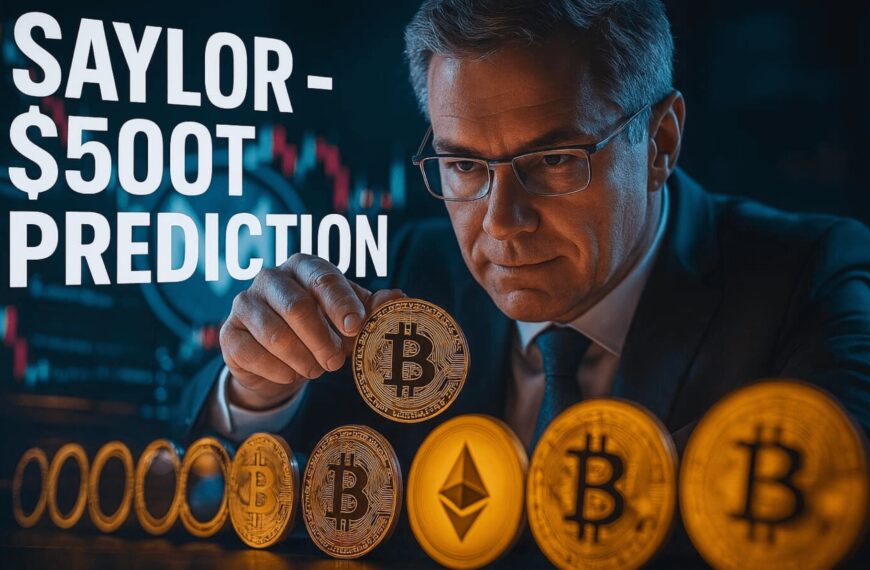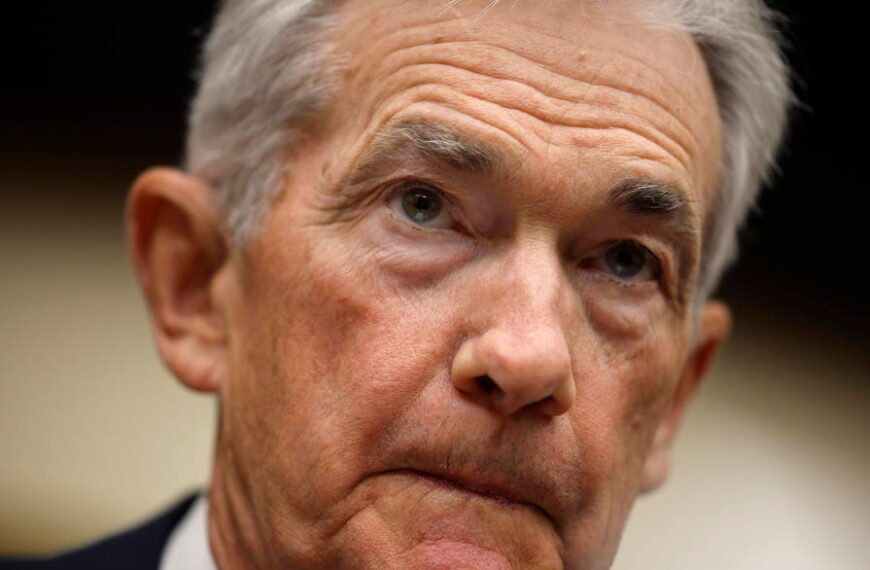Solana in the US Crypto Stockpile? This SOL Founder Prefers ‘No Reserve’
The cryptocurrency landscape is continuously evolving, and recent discussions surrounding the creation of a digital asset reserve in the United States have sparked significant debate among industry leaders. Notably, the co-founder of Solana, a prominent blockchain network, has voiced strong opposition to these proposals. This article explores the implications of a digital asset reserve, the sentiments expressed by key figures in the crypto space, and the potential impact on the future of cryptocurrencies.
The Concept of a Digital Asset Reserve
U.S. President Donald Trump’s vision for a digital asset reserve aims to establish a framework for the government to hold and manage cryptocurrencies. This initiative could involve the accumulation of various digital assets, allowing the government to tap into the growing value of the crypto market. However, the concept raises several critical questions:
- What would the implications be for market dynamics?
- How would this affect regulatory frameworks?
- Would this lead to increased government control over the cryptocurrency space?
Supporters of the reserve argue that it could stabilize the market and provide legitimacy to cryptocurrencies. However, detractors, including the Solana co-founder, argue that such a move may undermine the decentralized ethos that cryptocurrencies were built upon.
Concerns from the Solana Co-Founder
The co-founder of Solana has articulated concerns regarding the establishment of a digital asset reserve. Their position emphasizes several key points:
- Decentralization is Paramount: One of the core principles of cryptocurrencies is decentralization. A government-controlled reserve could lead to centralization, which goes against the foundational beliefs of the crypto community.
- Market Manipulation Risks: The potential for market manipulation increases when a significant player, such as the government, enters the market with substantial reserves. This could create volatility and uncertainty for smaller investors.
- Innovation Stifling: The cryptocurrency industry thrives on innovation and experimentation. Government involvement, particularly in the form of reserves, could stifle creativity and hinder the development of new technologies.
Broader Industry Reactions
The Solana co-founder’s stance is echoed by various other industry players who have also expressed skepticism about Trump’s digital asset reserve plans. These individuals argue that:
- Self-Regulation is Key: The cryptocurrency market has largely been able to self-regulate, with communities taking the lead in governance. Many believe that introducing government reserves could disrupt this balance.
- Focus on Education and Awareness: Rather than establishing a reserve, industry leaders advocate for increased education and awareness regarding cryptocurrencies. This could empower investors and foster a more informed market.
- Global Perspectives Matter: The cryptocurrency market is global. U.S. policies may not align with the interests of international investors and other countries, potentially leading to a loss of competitive edge.
The Future of Cryptocurrency Regulation
As discussions surrounding digital asset reserves continue, the broader implications for cryptocurrency regulation must be considered. The Solana co-founder’s perspective highlights the need for thoughtful dialogue among industry stakeholders to shape a regulatory environment that:
- Encourages Growth: Regulations should promote innovation and support the growth of the cryptocurrency ecosystem.
- Protects Investors: While protecting investors is crucial, regulations should not be so restrictive that they inhibit participation in the market.
- Maintains Decentralization: Regulations should support the decentralized nature of cryptocurrencies, ensuring that the original vision of these assets is preserved.
Conclusion: The Path Forward
The debate over a digital asset reserve in the U.S. is far from settled. As industry leaders, including the Solana co-founder, voice their concerns, it is essential for policymakers to consider the potential ramifications of such a move. The cryptocurrency market is characterized by its resilience and adaptability, but any government intervention could reshape its trajectory.
Ultimately, the future of cryptocurrencies will depend on a balanced approach that recognizes the value of innovation, investor protection, and the fundamental principles of decentralization. As discussions continue, stakeholders must engage in meaningful dialogue to ensure that the cryptocurrency landscape remains vibrant and dynamic.
The call for “No Reserve” by significant figures, like the Solana co-founder, serves as a reminder that while the digital asset space is maturing, the core values that initially ignited its growth should not be compromised. The cryptocurrency community must remain vigilant as it navigates this evolving landscape, ensuring that its foundational ideals are upheld in the face of potential regulatory changes.





